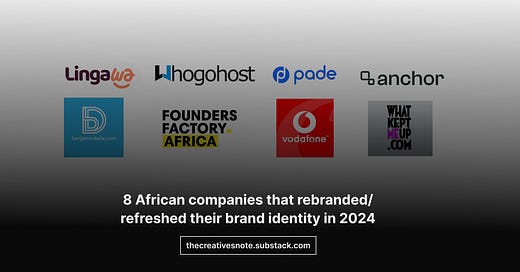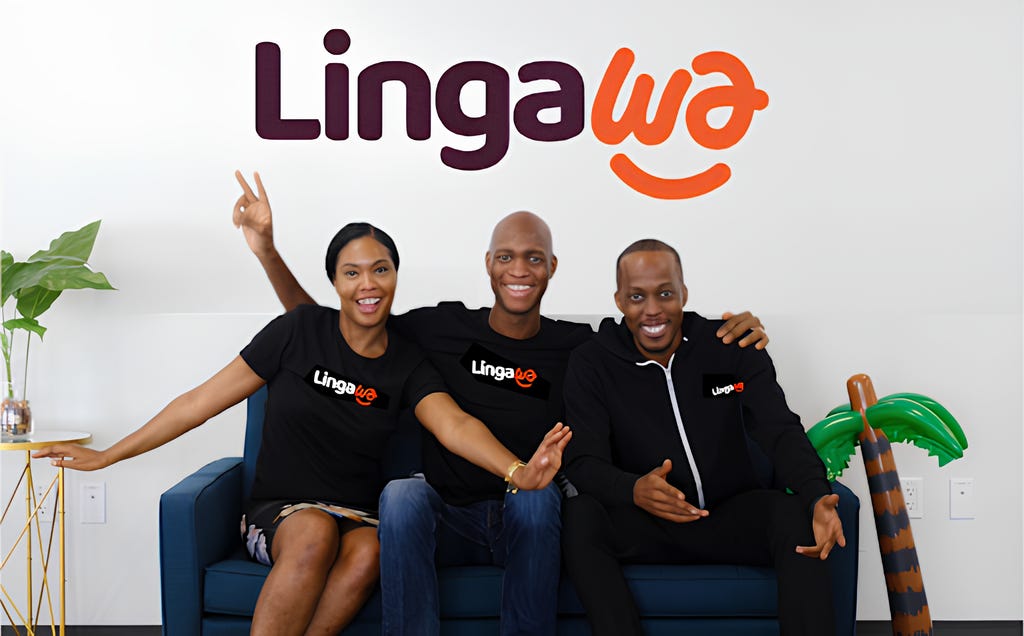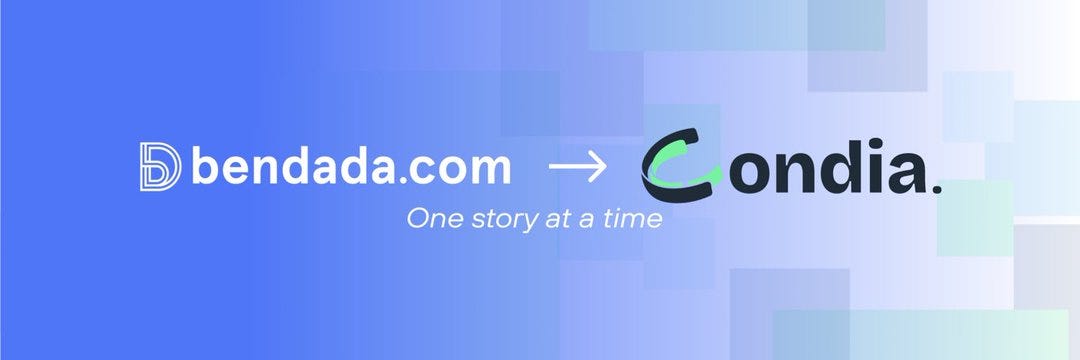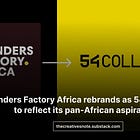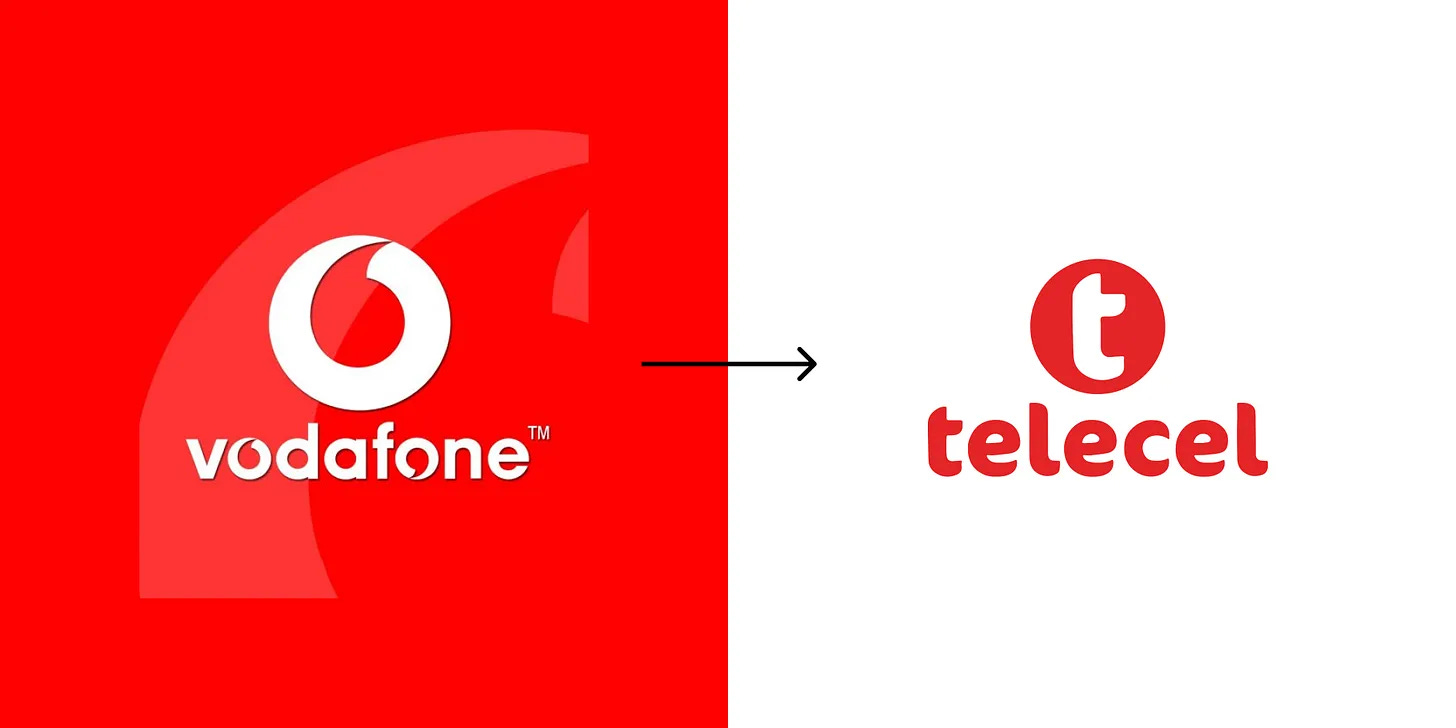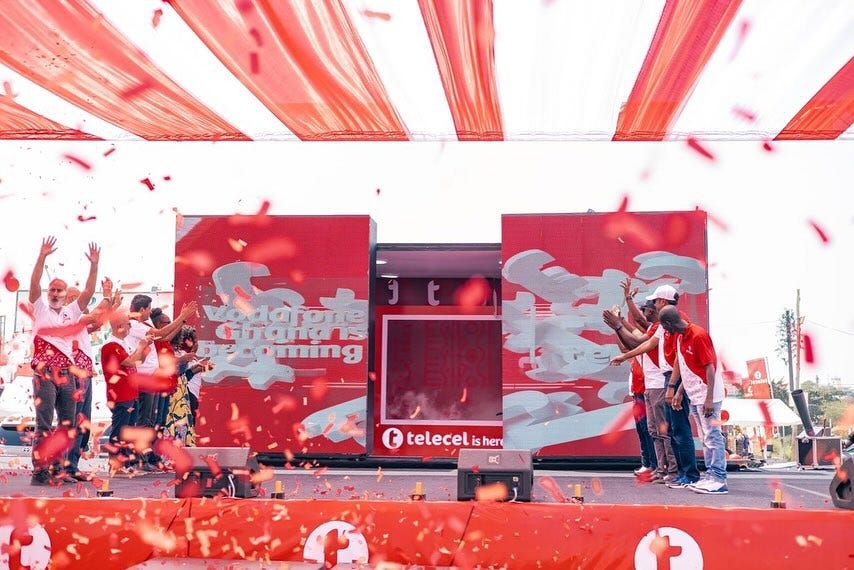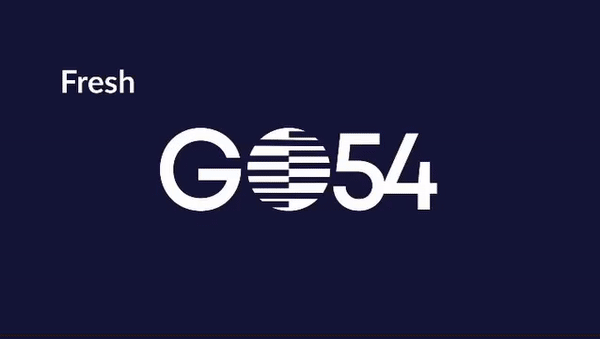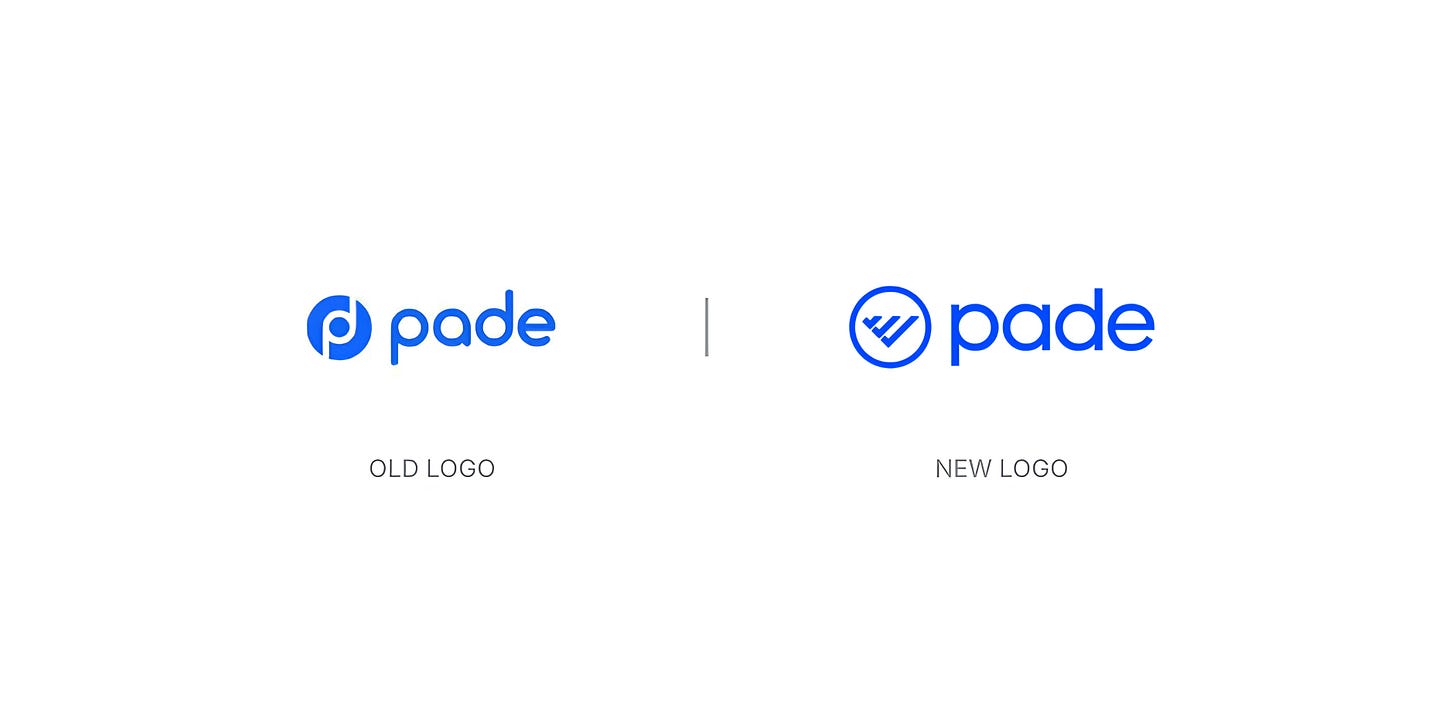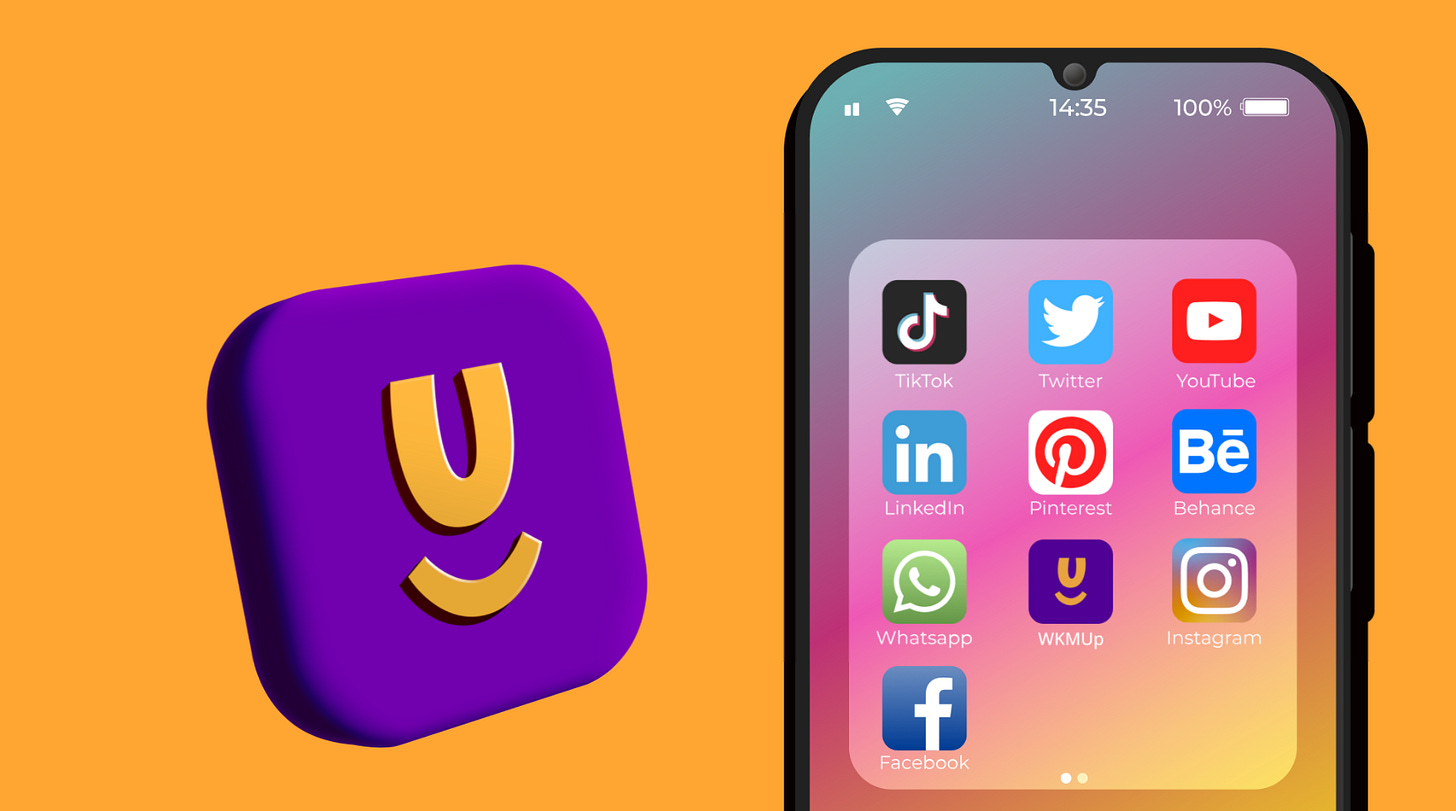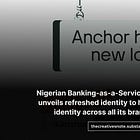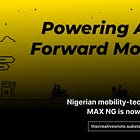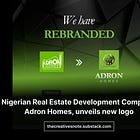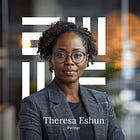8 African companies that rebranded / refreshed their brand identity in 2024
From tech startups to media publications, telecom corporation and VC firm, here are 8 African companies that refreshed their identity or underwent rebrand exercises in 2024.
2024 was a challenging year for many businesses around the world, even more challenging for African businesses—from businesses shutting down to companies laying off staff.
Despite the challenges, many companies continue to forge on. And in a bid to reflect their growth and evolution, some of these companies embarked on rebranding or brand refresh projects, and we were there to document them.
From tech startups to media publications, telecom corporation and VC firm, here are 8 African companies that rebranded/refreshed their brand identity in 2024.
Read Also: “Closing the studio was a very tough decision to make”— Seyi Olusanya on closing Dá Design Studio
1) Topset (now Lingawa)
In November (2024), Nigerian edtech startup TopSet, which was founded in 2022 to improve academic performance for K-12 students, announced its rebranding as Lingawa, signifying its strategic pivot from academic tutoring to African language learning—starting with Yoruba and Igbo.
It announced the new name alongside a $1.1 million pre-seed funding, as it plans to expand its offerings with additional languages by connecting Africans in the diaspora and global audiences to African languages and culture through immersive language learning.
CEO Frank Williams shared that the name “Lingawa” is coined from the word “Linguistics” and “Wa” — a Yoruba word meaning “Our”.
“Lingawa isn’t just a word. It’s a blend, a harmony of meanings combining ‘Linguistic’ with ‘Wa’ meaning ‘Our’ in Yoruba, together which represents “Our Language,” he explained.
The new name, he said, reflects the company’s mission to ignite cultural pride and economic empowerment through African language learning. “Lingawa isn’t just a language platform. It’s a bridge. A keeper of our story. A celebration of who we are and where we come from,” he added.
Related
2) Bendada.com (now Condia)
In October (2024), Bendada.com, an Africa-focused tech publication named after its founder Benjamin Dada, a former solo creator turned media entrepreneur, rebranded as Condia.
Founded in 2018 as a tech blog mirroring Africa's growing ecosystem, the publication said it is now “a global publication with 100,000+ monthly readers,” and the move is a bid to reflect its growth and ambition.
“While the name Bendada served us well, we’ve spent most of this year pondering where we’re headed as a publication. It no longer reflected our growth and ambition,” it announcement noted.
According to Dada, who founded the publication, the plan for the publication has always been to change the name if “we made it past the five-year mark, a milestone where half of new businesses fail.”
For the new name, “we wanted a one-word name embodying our mission: connecting innovators to the best ideas on technology,” the publication shared. “Condia = Convergence + Ideas. Simple, yet powerful!”
The publication noted that while it has a new name, brand, website, and editorial focus, “our values remain: Accurate reporting, Human-centered storytelling, and Giving value.”
Related
3) Founders Factory Africa (now 54 Collective)
In August (2024), South Africa-based startup accelerator, Founders Factory Africa, announced it is rebranding as 54 Collective, a venture capital (VC) firm. The rebrand, it said, signifies a strategic evolution aimed at amplifying support for African entrepreneurs and fostering a continent-wide impact.
According to the CEO Bongani Sithole, Founders Factory Africa, which was founded in 2018, began as a corporate-backed model and has invested in over 70 start-ups across the continent, with more than one-third of its investments in Kenya.
“Today we have taken the next step in our journey. We have rebranded to 54 Collective. This transformation signifies a strategic evolution aimed at amplifying support for African entrepreneurs and fostering a continent-wide impact,” Sithole shared.
The name 54 Collective, Sithole noted, is a nod to the 54 countries that make up Africa, reflecting the pan-African aspiration of the firm. “Collective signifies the collaborative way that our experienced local teams of venture specialists and experts work with founders,” he explained.
“This evolution embodies growth with purpose, emphasising a commitment to supporting entrepreneurs across the continent and enabling them to build without boundaries,” he added.
With a physical presence in Kenya, South Africa and Nigeria, 54 Collective, which is a part of UTOPIA platform, a collection of funds across high-growth emerging and frontier markets, says it is uniquely positioned to leverage local expertise and networks to scale ventures.
Related
4) Vodafone Ghana (now Telecel Ghana)
Last year (2024), Ghanaian telecommunication company, Vodafone Ghana, announced its complete rebrand as Telecel Ghana, after the acquisition of a majority share by Telecel Group, an Africa-focused telecommunication service provider.
In March, the company launched Telecel Ghana—the new name and identity—a year after the acquisition, to complete the transition from Vodafone Ghana to Telecel Ghana. “The brand was first unveiled to employees at an event dubbed ‘Telecel Day’ at the Accra International Conference Centre,” the company wrote in its statement announcing the new brand.
Following the change in the brand name, the other two subsidiaries of the company also changed to Telecel Cash and Telecel Foundation. “All areas of operations have changed to Telecel,” the company noted.
The company also changed the name of its AI chatbot from ToBi to Jerry, with a promise to improve the intelligence of the chatbot to handle customer complaints much better than its predecessor did.
The company shared that its rebranding efforts included the introduction of the Telecel Play app, aimed at delivering a range of digital innovations and mobile financial services to customers.
Related
5) Whogohost (now GO54)
In March (2024), Nigerian web hosting company Whogohost announced it is rebranding as GO54 as it sought to expand across Africa.
Whogohost, founded in 2005, began its journey as a pioneer in African digital infrastructure, providing domains and hosting services to businesses. With over 300,000 domains registered and a customer base of over 100,000 businesses, the company said it has become a trusted partner for businesses seeking to establish their online presence.
The rebrand from Whogohost to GO54, the company said is a move to “adapt and expand our offerings to serve the evolving needs of our customers better.”
The ‘GO’ in its name pays homage to its roots, reminding it of its role as the driving force behind businesses as they venture into the online world. And the ‘54,’ it said, represents its ambitious mission to serve all 54 countries in Africa, uniting the continent in digital prosperity.
With big ambitions to become Africa’s largest digital infrastructure company, the rebrand to GO54 is a symbol of its commitment to bridging the digital divide and empowering businesses to thrive online.
“The name signifies two key things; our evolution beyond domains and hosting. The new name also signifies ambition. We are not just a Nigerian business. We are now building for Africa,” Toluwani Adejuyigbe, the CEO of GO54, said.
Related
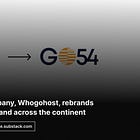
Nigerian web hosting company, Whogohost, rebrands as GO54 in its bid to expand across the continent
6) Pade
In February (2024), Pade, a Nigerian HRTech company, unveiled a new identity—a refreshed logo, typeface, and colour system. The new identity, it said, is a reinforcement of its commitment to creating a fulfilling experience for African workers and employers.
Founded in 2020 as a people automation software, the company said it has evolved into a platform that is fully embedded in the people operations of change-making organisations.
“Like a ship entering uncharted waters, we realised that it was time to expand our horizons and launch a new identity that is representative of the role we play in the operations of our customers and the HR ecosystem at large,” the company wrote in its announcement. “To reinforce our commitment to you, we refreshed our brand elements across the board to reflect one thing when you interact with us; Our mission to make work simpler so that the lives of African workers can be improved.”
Seye Bandele, CEO of Pade, said he hurriedly sketched the former identity on a piece of paper and sent it to the designer who, in a few hours, sent it back. “The feedback on our previous brand was interesting, some said it looks like Beats by Dre, others said it was just plain ugly. Bottom line, our identity just did not connect with what our company had now morphed into,” Seye shared.
The company noted that the new identity—designed by Void Studios, which was led by Joshua Biyere and Chief Osaretin Avbuluimen—is built on the company’s value: GETs Fulfilled. [G–Growth, E–Empowerment, T–Trust, S–Simplicity].
“The checkmarks represent quality assurance and efficiency that Pade brings to your HR and payroll processes,” the announcement noted, explaining the meaning behind the new logo. “When you reorient the checkmarks, it becomes a growth chart that signifies our emphasis on personal, professional, and organisational growth.”
“Finally, the circle represents the world of work (including you and every other African business and employee),” the company revealed.
Related
7) What Kept Me Up
Last February, Nigerian film publication, What Kept Me Up, unveiled a new, lively, and refreshing brand identity (logo, typeface, and colour). What Kept Me Up—a Nigerian digital media publication that focuses on film and television—serves readers with news, reviews, trivia, and analysis from both visual worlds in Nollywood, Hollywood, and every other linked industry to Nigerians.
The new identity, the publication said, is its response to previous comments on its ‘branding’, and its way of saying it chooses its readers.
“We are choosing you. Yes, U, artistically and literally. Our approach revolves around you and what you like as a cinephile. Your constructive criticism and praises have shaped us in several ways as a publication that strictly covers film and TV in Nigeria,” the announcement noted. “On the note that many readers suggested that we enhance our branding, citing our ‘funny use’ of colours, steps have been taken to that effect.”
The new identity—designed by Iyebiye ‘Kaizen Kreativ’ Adeitan, a creative visual designer and illustrator known for designing film posters of successful Nollywood films such as Ayinla, Soólè, and Ilé Owó, alongside Joshua Ayoola, a brand identity designer—introduced new and updated colours, updated logo variations (logomark and wordmark), and ‘Open Sans’ as the new brand typeface.
“The goal was to make the identity more memorable such that when you see any element of the brand such as the icon or colour, WKMUP comes to mind,” Adeitan told The Creatives Note.
Related
8) Anchor
In January (2024), Nigerian Banking-as-a-Service company, Anchor, unveiled a refreshed identity—a new typeface, colour system, and website—in a move to harmonise its visual identity across all its brand touchpoints.
For the brand refresh, the company retained its existing logo mark but introduced new colours, bold typefaces, and a new, sleek, and user-centric website—made by CheckDC, a Nigerian-led design agency.
Ibrahim Otukoya, brand designer at Anchor, told The Creatives Note that the brand refresh was done to harmonise Anchor’s visual identity across all brand touchpoints. “We noticed a disconnect in the visual representation of Anchor across different brand touchpoints,” said Ibrahim, who led the brand refresh effort by the company.
“When I joined the company in February, I was asked to look into and do something about this visual disconnect happening. The first thing I did was try to harmonise the colours but eventually, the conversation ended in us needing to do a visual refresh.”
He noted that “We brought on CheckDC to work with us on the website and they did a great job with that.”
“There was a lot of back and forth before we arrived at what we have now. It was a lot of work but we are happy with the result,” he added.
Anchor's CEO and Co-Founder, Segun Adeyemi, highlighting the company's commitment to offering innovative, customer-focused services shared, “The rebranding at Anchor goes beyond the colour scheme and website, it's about redefining our commitment to innovation, trust, and customer satisfaction.”
Related
Subscribe to The Creatives Note and follow us on X (formerly Twitter), Instagram, and LinkedIn as we continue to cover and report on African businesses rebrand and brand refresh stories.
Want to get your rebrand/brand refresh and design projects featured on The Creatives Note, send us an email via thecreativesnote(at)gmail(dot)com.


